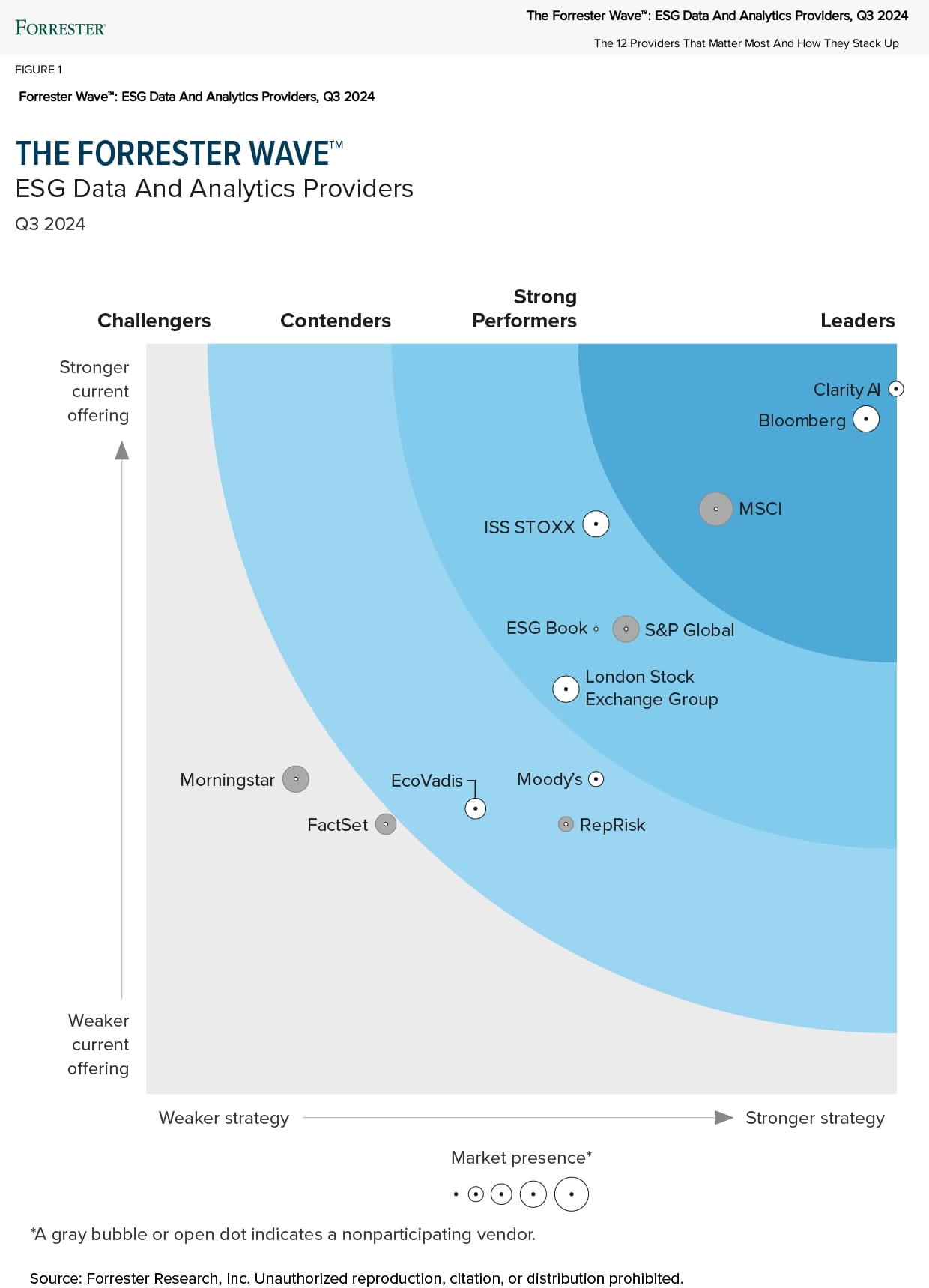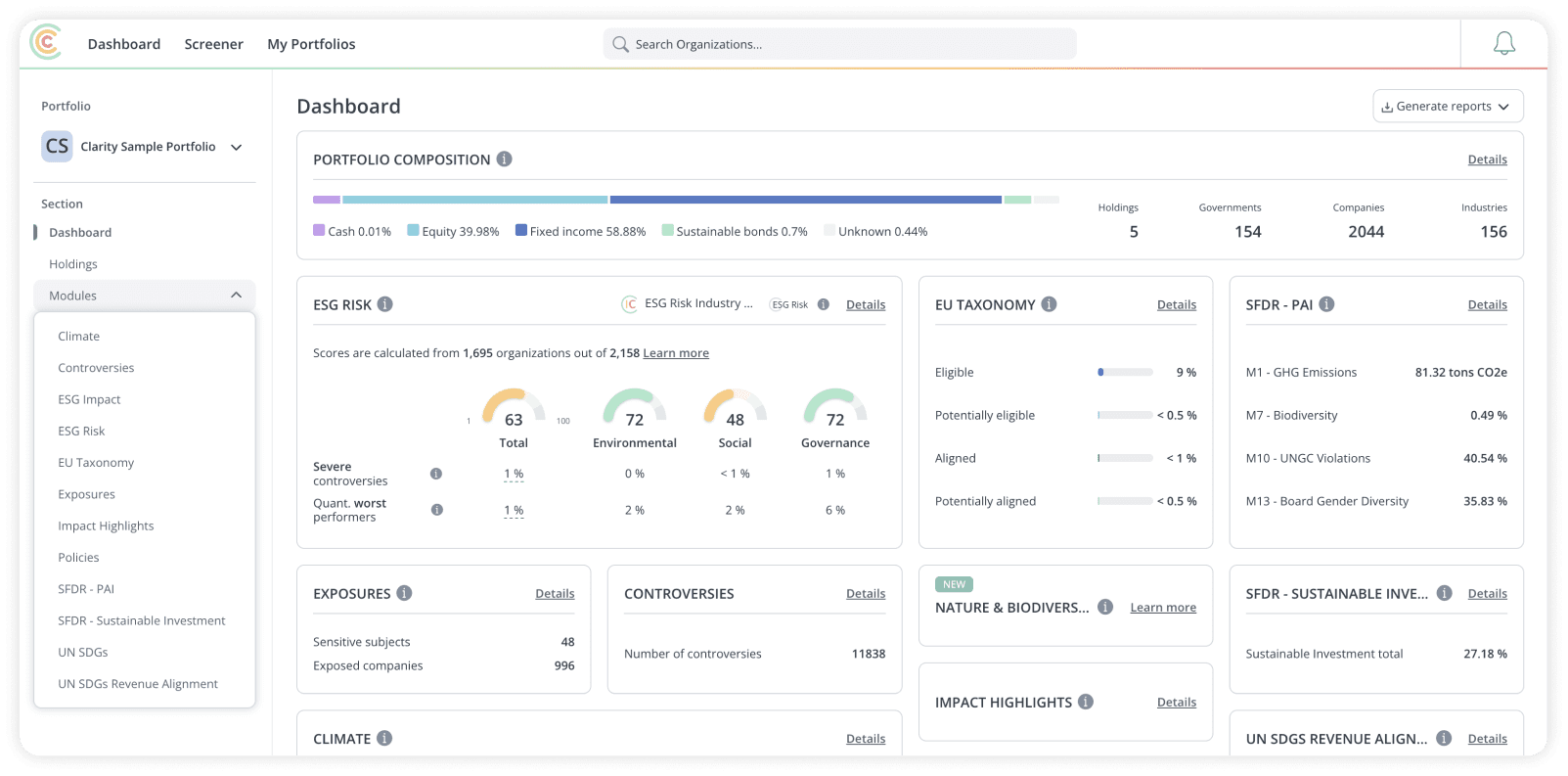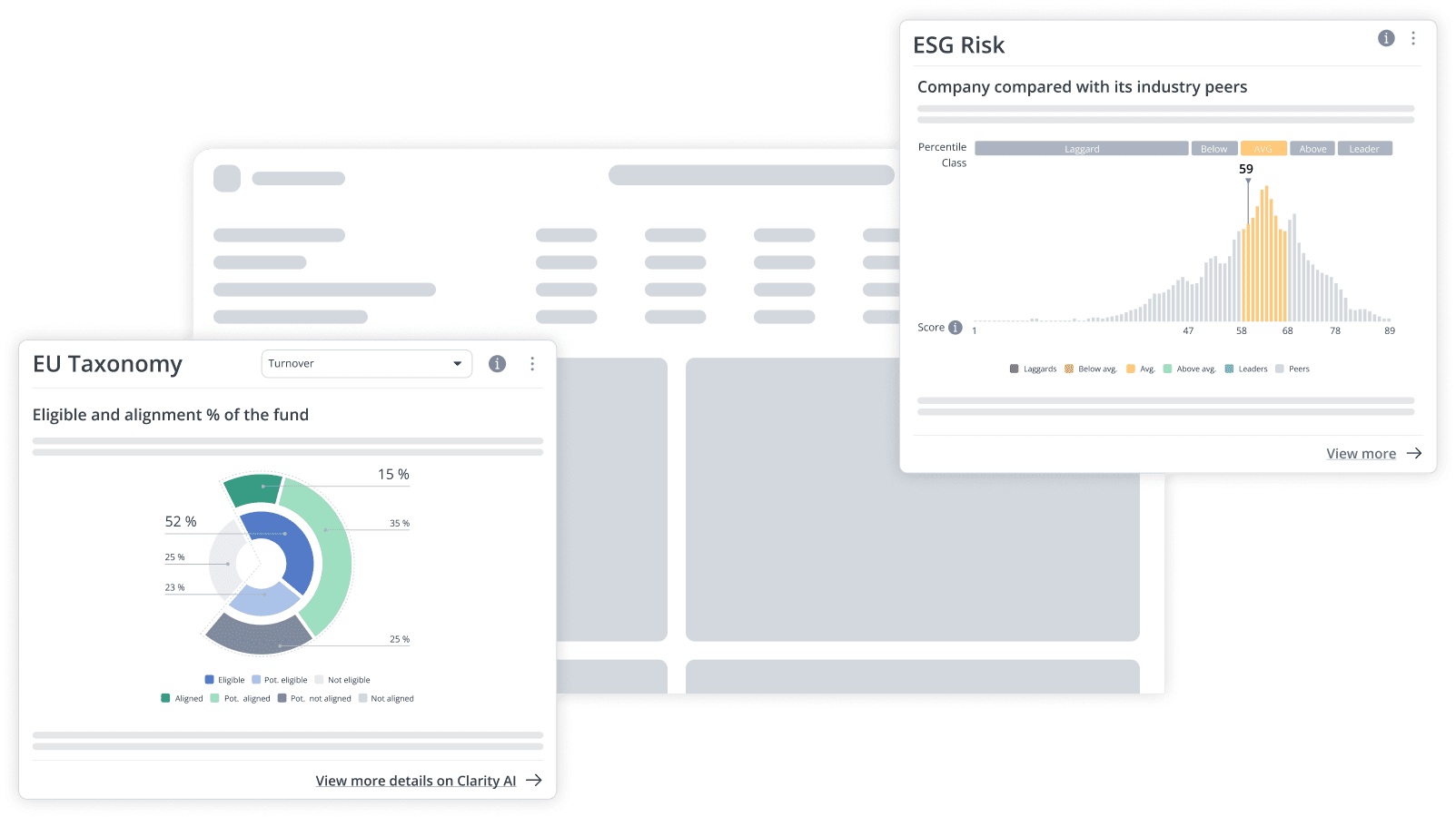On January 16th, more than 2,500 government, business, and civil society leaders will again descend upon the small alpine resort town of Davos, Switzerland to attend the Annual Meeting of the World Economic Forum. Davos has long been the target of withering scrutiny from critics. It was in this crucible of criticism in which the “Davos Man” archetype was forged. The Davos Man, a neologism credited to political scientist Samuel P. Huntington, can be defined as a detached, insulated, transnational elite who, as the world burns, would prefer to discuss the hose than pick it up. However, in recent years, the “Davos Man” has undergone a substantial reformation.
While Davos remains among the most exclusive events of the year, it has recently transformed into a conference of increasingly inclusive themes. Recent iterations have orbited issues of gender equality, the challenges of developing nations, global poverty, social justice, and, of course, climate change. Moreover, though previously almost exclusively a colloquium, Davos is now far more initiative-driven. A bevy of significant actions and initiatives have emerged from recent gatherings, including the launch of Valuable 500, a global business collective working to achieve inclusion for the world’s disabled population; a Digital FDI initiative focusing on catalyzing cross-border digital economy investment in developing nations; the Data for Common Purpose Initiative dedicated to enhancing data’s societal value; the Closing the Skills Gap project which seeks to reshape education and training; and Pfizer’s commitment to providing all current and future patent-protected medicines on a not-for-profit basis to 45 low income nations.
The table is certainly set for the continuation of Davos Man’s transformation. This year’s theme, “Cooperation in a Fragmented World”, and its five subthemes provide fertile ground for collective action. In each of the subthemes are embedded some of the stiffest challenges society faces today: the energy and food crises, macroeconomic woes, maintaining the pace of world-changing technological breakthroughs, social risks, and geopolitical perils:
- Addressing the Current Energy and Food Crises in the context of a New System for Energy, Climate and Nature
- Addressing the Current High Inflation, Low Growth, High Debt Economy in the context of a New System for Investment, Trade and Infrastructure
- Addressing the Current Industry Headwinds in the context of a New System for Harnessing Frontier Technologies for Private Sector Innovation and Resilience
- Addressing the Current Social Vulnerabilities in the context of a New System for Work, Skills and Care
- Addressing the Current Geopolitical Risks in the context of a New System for Dialogue and Cooperation in a Multipolar World
Given Davos’ financial and corporate focus (it is likely that more than half of attendees will hail from the business realm), we can expect participants to focus on private enterprise’s role in addressing these crises. Indeed, overcoming the challenges embedded in each of the five subthemes demands public-private collaboration. Combine this with Davos’ recent bias towards action, it is reasonable to expect the emergence of a number of corporate commitments and collectives to address the issues on this year’s docket.
Yet, those who criticized Davos in years past for empty talk will continue to do so if initiatives and collectives are vacuous as well. The announcement of commitments and initiatives is just the first step in the “supply chain of progress”. The strength and success of the programs and commitments that emerge from Davos relies upon an intermediate, more challenging step: the measurement of progress and an accounting of the societal value of outcomes. Indeed, the lack of measurement processes and impartial data are among the greatest points of friction in executing and illuminating corporate stewardship. Stakeholders are powerless to affect change in the absence of insight.
As a leading sustainability technology company, Clarity AI plays a key role in this supply chain of progress. Our AI-enabled ESG, Regulatory, Impact, and Climate solutions provide best-in-class data to empower market participants with the knowledge to inform more responsible decisions. We believe that to surmount the challenges with which society is grappling, companies and their stakeholders must adopt a similar commitment to measurement and innovation.
Our connections to Davos 2023 do not end there. Given that Clarity AI is itself a company with frontier technology (artificial intelligence) at its core, which we leverage to help investors, private enterprise, and consumers address and prepare for the challenges outlined in the Davos 2023 subthemes, we are a direct stakeholder of this year’s agenda and key facilitator of progress. Additionally, our CEO and Founder, Rebeca Minguela, who is a former World Economic Forum Young Global Leader, will be attending this year’s conference.
As the main theme’s title betrays, cooperation is seemingly harder to foster than ever. However, as we face a daunting confluence of crises, it has also never been more critical. We would, therefore, all benefit from a continuance of Davos’ trend toward action and will be keeping a close eye on this year’s outcomes. Meanwhile, Clarity AI will continue to facilitate the progress for which the world strives through industry-leading innovation and technology-driven insights.
You can access more information about Davos 2023 here and follow Clarity AI on LinkedIn to see our live updates from Davos. If you are attending Davos and would like to connect with our delegation onsite please contact casey.gobeil@clarity.ai.




